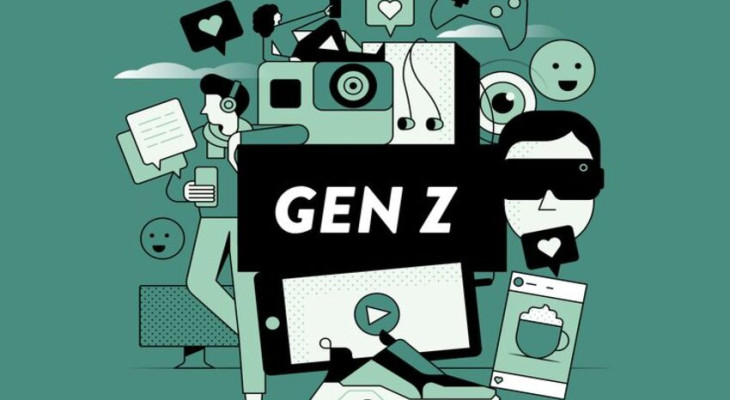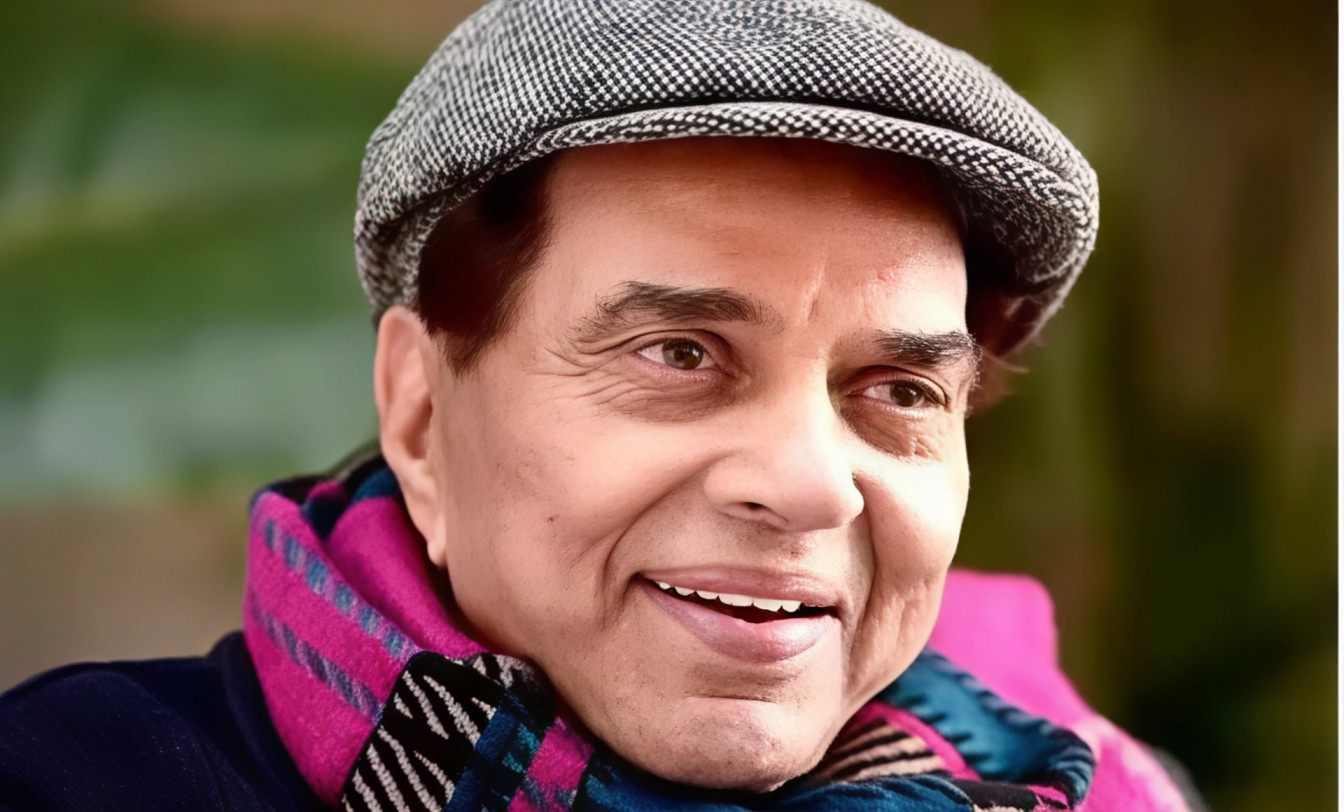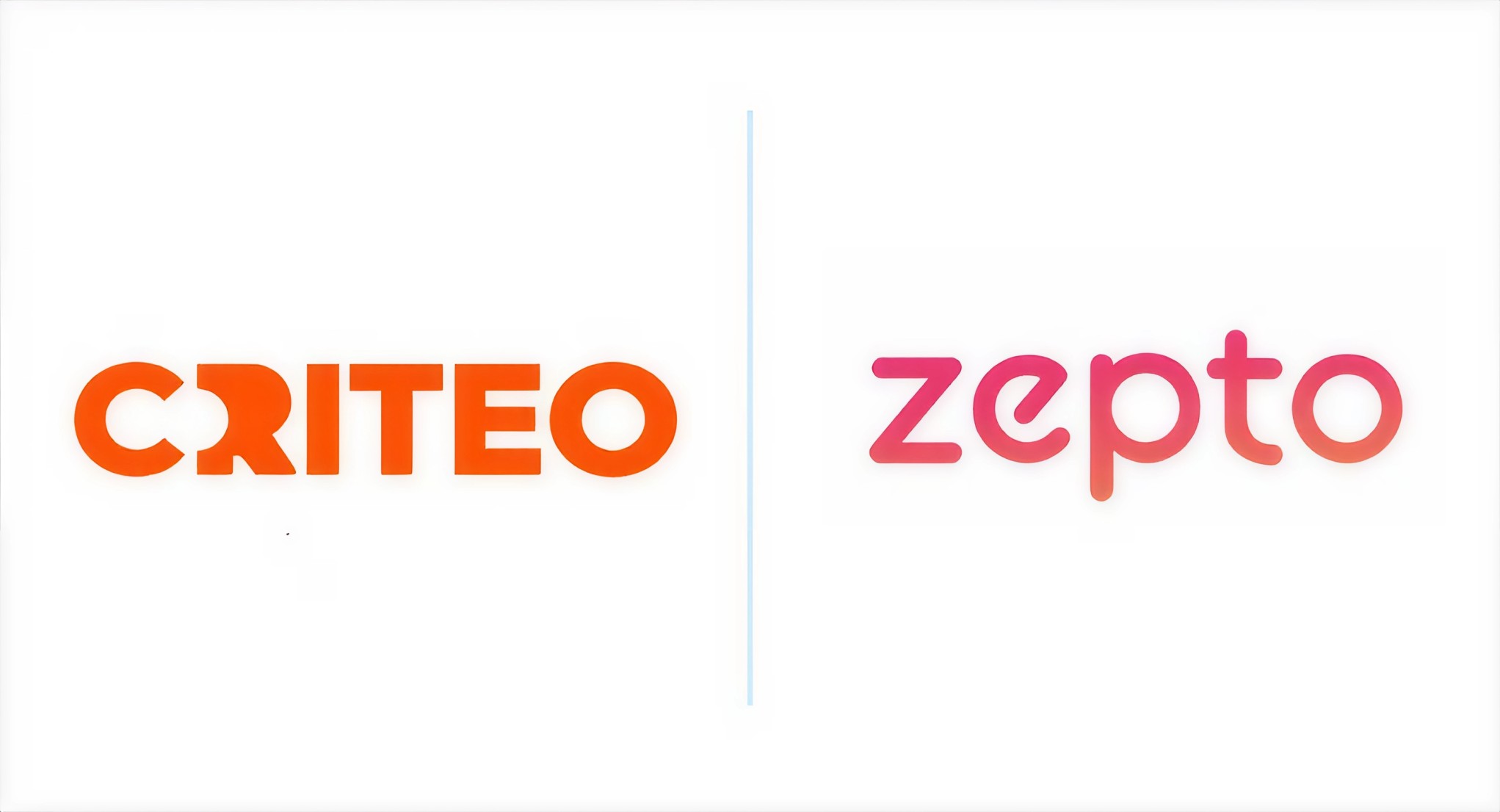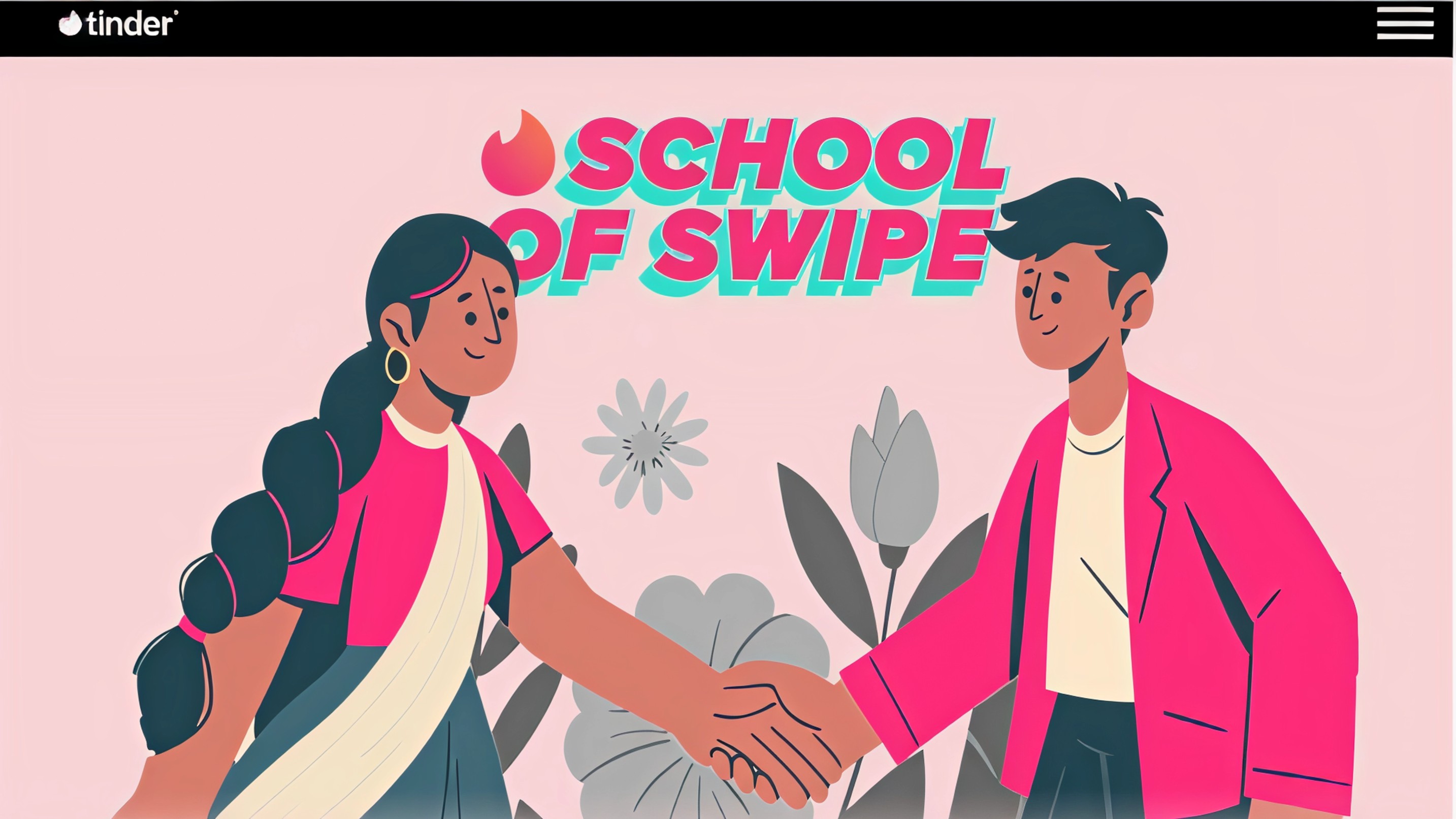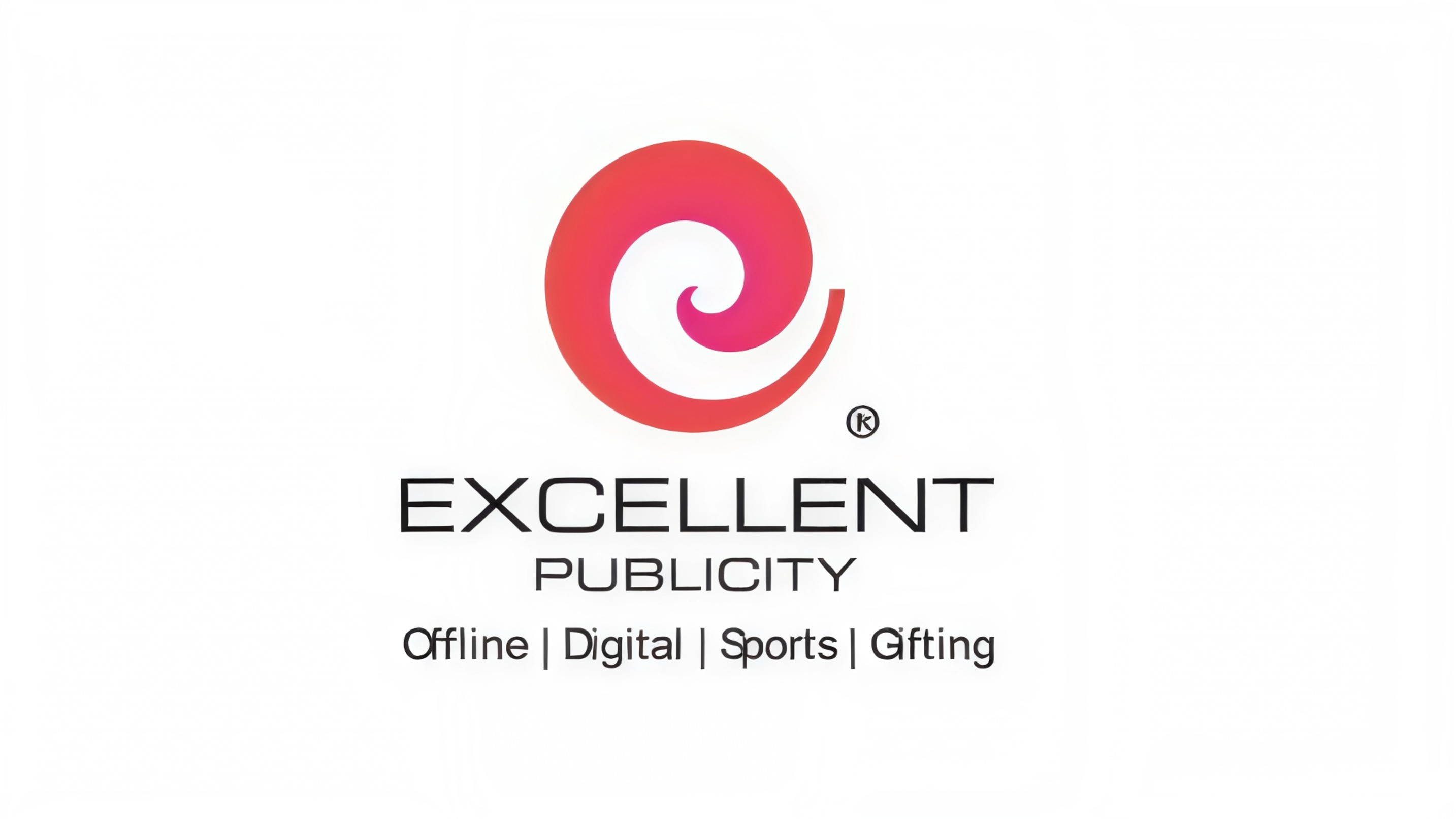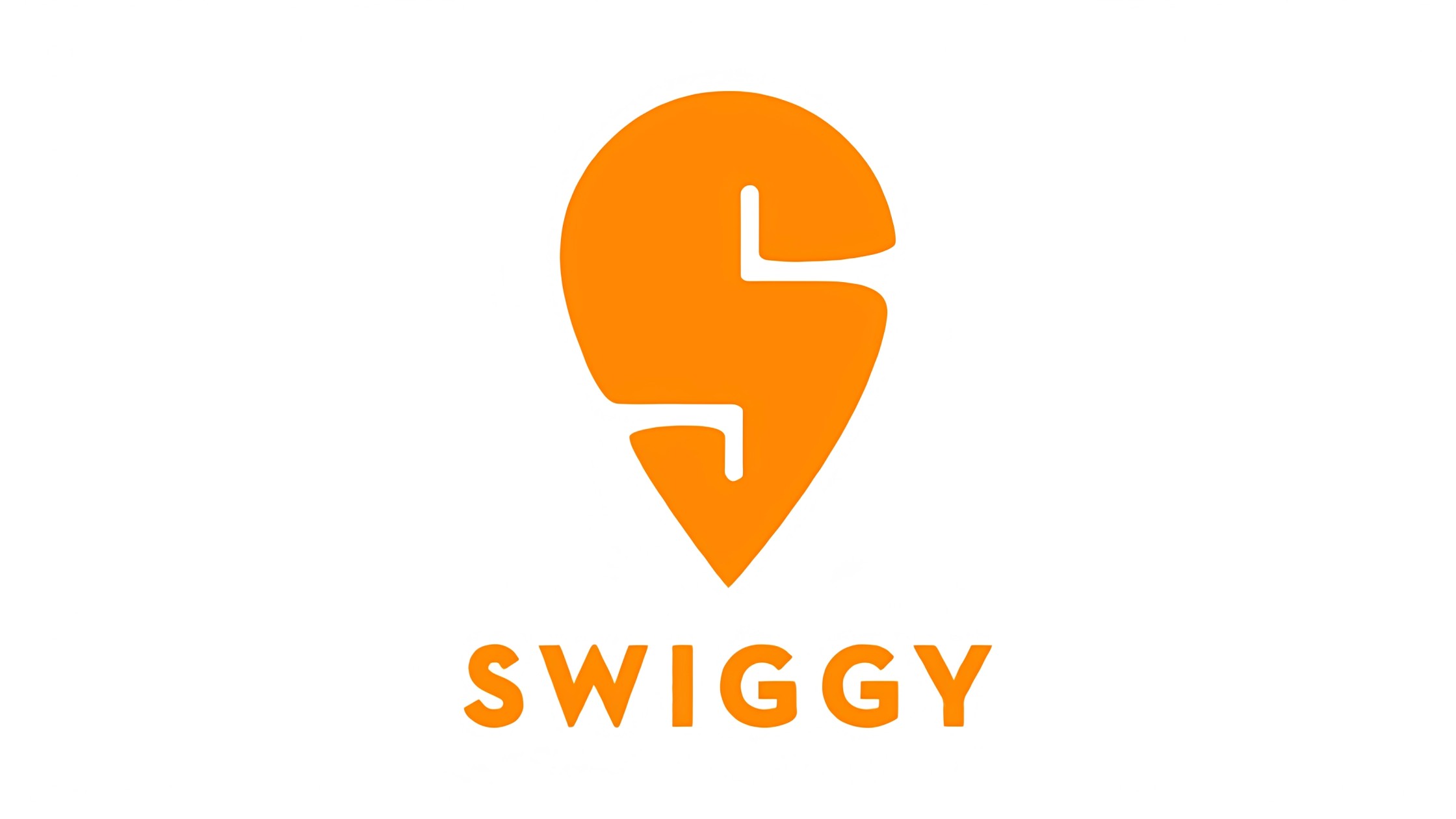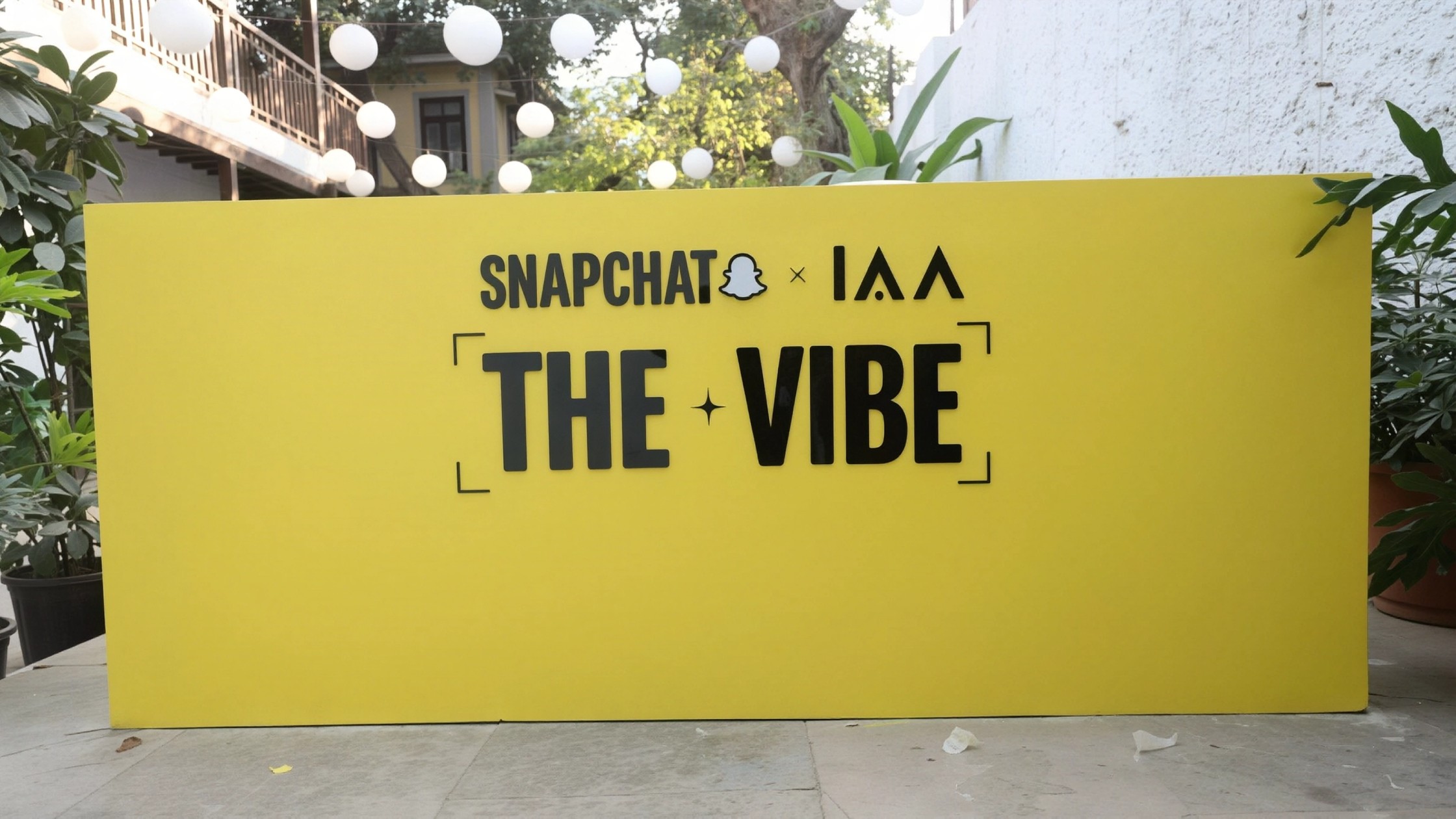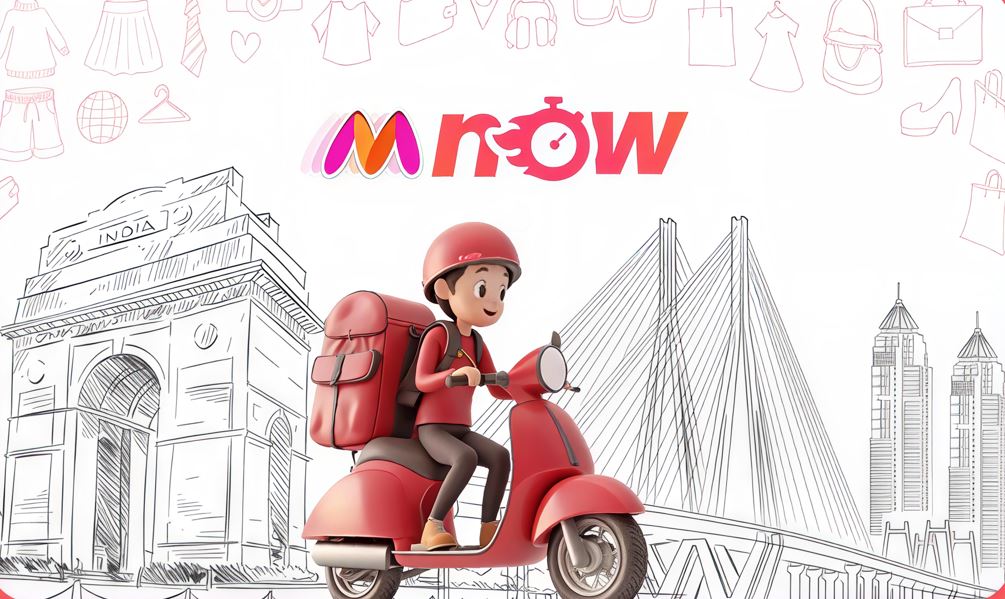Gen Z in India is redefining the way news is consumed, shared, and trusted. According to the latest Google and Kantar report titled Bridging the Gap: Reimagining News for Gen Z, this generation is not just reading news but curating their own experience of it. With 87 percent of urban Gen Z connected to the internet, they are the most digitally engaged demographic in the country and their expectations from news are transforming the media landscape.

The study surveyed over 4,000 respondents aged 15 to 28 across 40 markets and eight language clusters. It reveals that Gen Z prefers emotionally resonant, interactive, and visually dynamic storytelling over the traditional linear formats still common in newsrooms. They want content that feels immersive, relatable, and personally relevant, blending credibility with creativity.
One of the key insights is that while social media and video platforms dominate as primary sources of news discovery, trust still rests with established news organizations. Gen Z actively follows creators for their engaging formats and approachable tone, yet they rely on traditional publishers for accuracy and credibility. The report also highlights the importance of language and format while English remains popular for reading articles, local languages are strongly preferred for audio and video content due to emotional connection and ease of sharing.
ADVERTISEMENT

Generative AI has also become an integral tool for this generation, with 84 percent using it to simplify complex topics, get quick answers, and translate content. This trend underlines their appetite for instant, accessible, and understandable information without compromising on depth or authenticity.
For publishers, the findings present both a challenge and an opportunity. The report urges newsrooms to embrace visual-first formats, adopt more conversational tones, collaborate with trusted creators, and design content that functions as both social currency and a practical life tool. To build lasting trust, it also recommends embedding sources into social content and maintaining a composed, fact-driven style.
With Gen Z shaping culture and conversation more than ever, the message is clear to remain relevant, news organizations must adapt to the digital habits of this generation while staying true to journalistic integrity. As the report notes, this is not a moment to dilute credibility, but a moment of reinvention that could define the future of news in India.
For more updates on trends shaping media and marketing, follow Marketing Moves on Instagram and Facebook.

